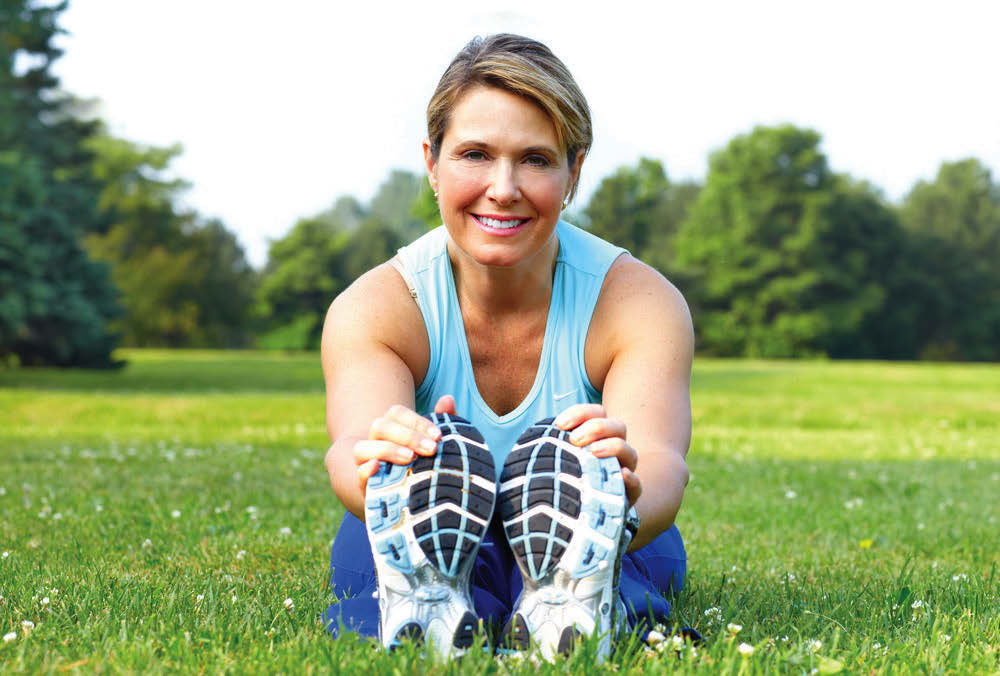
You may want start working out to turn back your ageing clock as a recent study has found that oldies, who exercise regularly, end up with metabolically younger muscles.
University of Guelph’s Geoff Power showed that elderly people, who were elite athletes in their youth or later in life and who still compete as masters athletes, have much healthier muscles at the cellular level compared to those of non-athletes.
The study compared world-class track and field athletes in their 80s with people of the same age who are living independently and found that athletes’ legs were 25 per cent stronger on average and had about 14 per cent more total muscle mass.
In addition, the athletes had nearly one-third more motor units in their leg muscles than non-athletes. More motor units, consisting of nerve and muscle fibres, mean more muscle mass and subsequently greater strength.
With normal aging, the nervous system lose motor neurons, leading to a loss of motor units, reduced muscle mass, less strength, speed and power. That process speeds up substantially past age 60.
Power said, “Exercise is definitely an important contributor to functional performance,” adding that even non-athletes can benefit. “Staying active, even later in life, can help reduce muscle loss.”
But, he added that further research is needed to determine whether muscle health in elite athletes comes from training or genes.
How human body ages?
Japanese researchers have discovered metabolites that are specifically related to aging and shed light on how the human body ages.
Metabolites, substances that are created during metabolism, can provide a wealth of information about an individual’s health, disease, diet, and life-style.
The results of the study identified some metabolites in the blood that increased or decreased in the older adults.
The researchers found 14 age-related metabolites. Half of these decreased in elderly people and the other half increased.
Antioxidants and metabolites related to muscle strength decreased in the elderly, whereas metabolites related to declining kidney and liver function increased.
“Of the 14 compounds, half of the them had decreased in elderly people. The decrease was found in antioxidants and in compounds related to muscle strength. Therefore, elderly people had less antioxidants and less muscle strength,” said lead researcher Yanagida, professor at Okinawa Institute of Science and Technology Graduate University (OIST) in Japan. In addition, some of the age-related metabolites found on the same metabolic pathways have connected changes, which suggests that age affects them simultaneously.
“Functionally related compounds show the same tendencies to increase or decrease with age, or in other words, they show similar correlations,” Yanagida noted, in the study published in the journal PNAS.
The decline in antioxidants and muscle strength suggest that it is important for individuals to consume foods high in antioxidants and to continue exercising, especially after the age of 65.





Be the first to comment